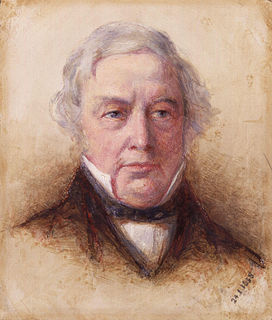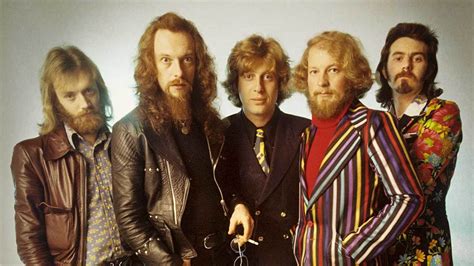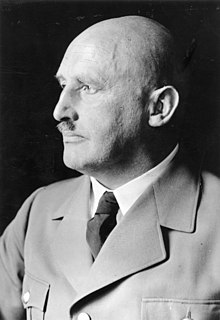A Quote by John Wesley
Fierce and poisonous animals were created for terrifying man, in order that he might be made aware of the final judgment in hell.
Related Quotes
There was an idea that God created man different from other animals, because man was rational and animals had drives and instincts. That idea of a rational man that was specially created went out the window when Darwin showed that we evolved from animal ancestors, that we have instincts, much as do animals, and that our instincts are very important. It was a much more sophisticated, nuanced, and rich view of the human mind.
The problem of reconciling human suffering with the existence of a God who loves, is only insoluble so long as we attach a trivial meaning to the word "love", and look on things as if man were the centre of them. Man is not the centre. God does not exist for the sake of man. Man does not exist for his own sake. "Thou hast created all things, and for thy pleasure they are and were created." We were made not primarily that we may love God (though we were made for that too) but that God may love us, that we may become objects in which the divine love may rest "well pleased".
God made all the animals in a single day; he could have swept them all away in the flood and re-created them in one day when they were again needed. Therefore it was an odd idea to save specimens of them for eleven months in the ark, whilst aware that eight persons could not feed or water them by any human possibility. If they were to be preserved by miracle, the ark was not necessary - to let them swim would have answered the purpose and been more indubitably miraculous.
When the Jew says "mankind" he is talking about himself. It is written in the Talmud, that only Jews were human beings, gentiles on the other hand were animals created to serve the chosen people. If looking back and comparing the corresponding articles in the "democratic" and "neutral" countries, one is astonished at the systematic nature of the propaganda whose final goal was the creation of a state of affairs in which a war was inevitable.
In place of the old beliefs of a civilization based on godliness, judgment and historical loyalty, young people are given the new beliefs of a society based on equality and inclusion, and are told that the judgment of other lifestyles is a crime. ... The "non-judgmental" attitude towards other cultures goes hand-in-hand with a fierce denunciation of the culture that might have been one's own






































